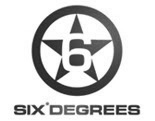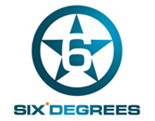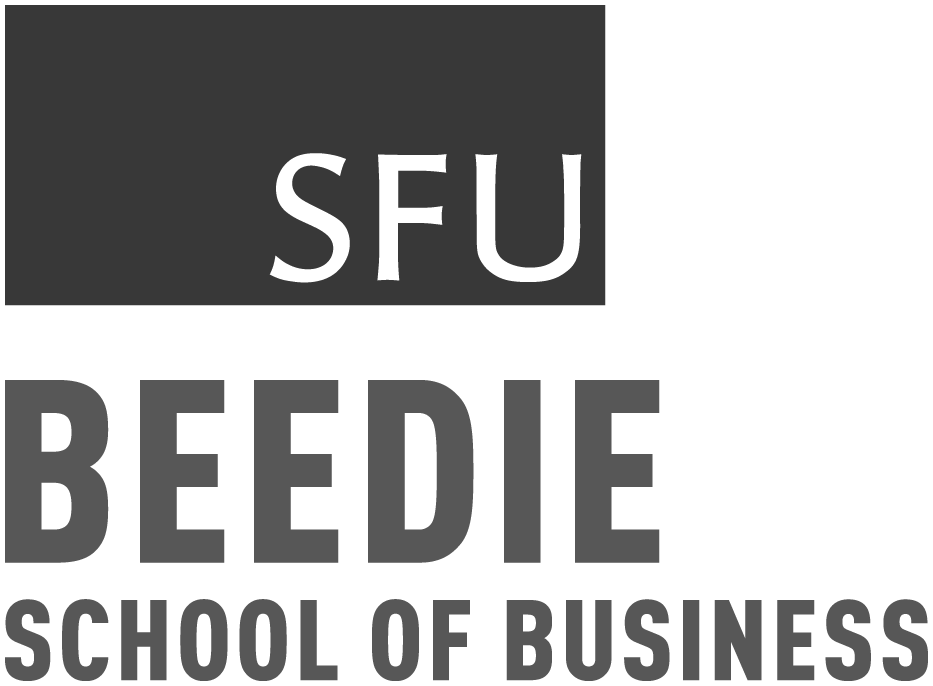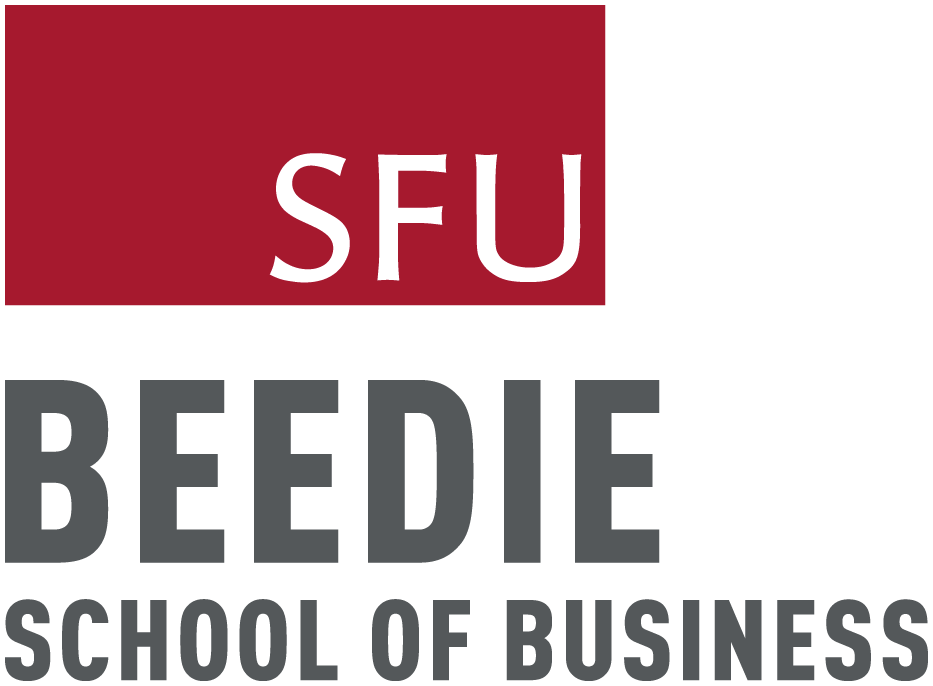Josh Loewen is really into digital marketing and search engine optimization (SEO). He’s spent the last 16 years honing his craft, and co-founded his agency The Status Bureau in 2006. I chatted with Josh to hear how he got started and learn his top SEO tips.
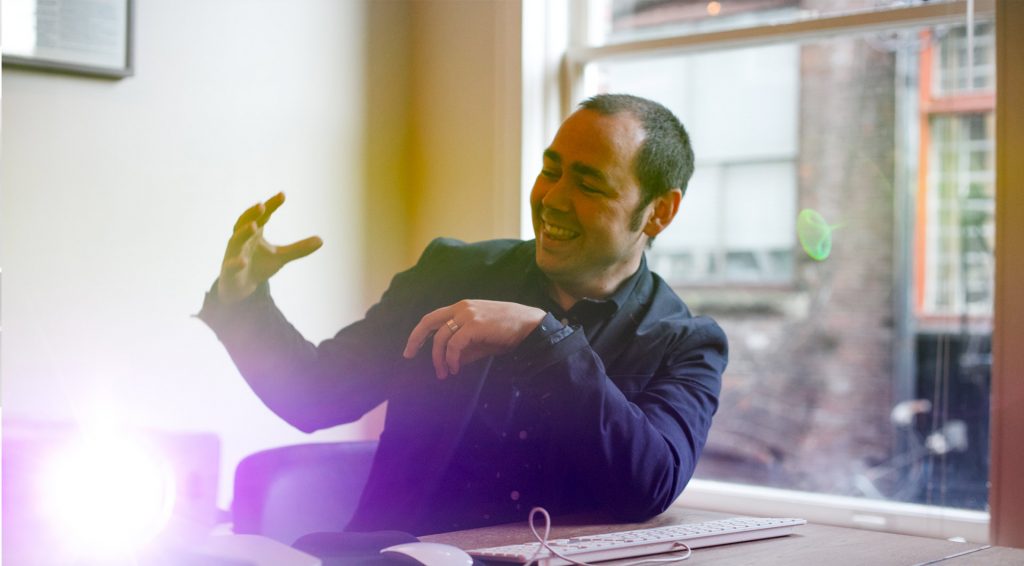
How did you get started in SEO?
Around 2004, I designed the Government of Alberta’s website. When we wrapped up the project I asked what impact it had. They said their binder of help line calls went from 8 inches to 3 inches thick, so they considered it a success!
Interestingly though, they had no idea how to measure their website traffic and didn’t know if it had changed. I was dumbfounded, so I started launching blogs and websites to experiment with Google rankings. It was like magic—you could change some things on a website, show up on Google in first place, and get 10,000 visitors that day. Then, I started doing it for clients.
What are your top SEO tips?
-
- Research what people search for, not what you think they search for.
A lot of marketers, branders, writers, videographers call themselves “storytellers” — but no one is looking for “storytellers”. That’s a great branding thing, but it a) confuses the reader as to what that company does, and b) doesn’t allow them to be found. The companies that get found and hired are the ones who say “we do video production, 3D rendering, and editing”. Explain things to your audience in real, simple terms. - Check the competition level of keywords.
There are thousands of keywords that no one gets traffic for yet. Really important keywords, with really high volume, across thousands of categories. It’s like finding gold everywhere—you have to mine for opportunities. - Understand that there are short and long gains.
While some opportunities are easy to get, others can take years. You can gauge this based on the keyword difficulty using a tool like ahrefs. If you see a difficulty less than 10, you could start capitalizing on that in days, or a month. If you see 50 and above, you have to start thinking about the return on investment of going after that within 12-24 months. - A local business is very different from a national business.
For example, software is more of a national business and will rank the same in Tofino as it does in St John’s. In this case, external links to your website are the #1 factor in how you rank. You may want to consider hiring a PR person to get off-site attention and links.On the other hand, restaurants are a very local business and the proximity of the user is the #1 factor in where you show up. Your Google My Business profile is probably the #1, #2, and #3 factor in your local ranking. This information is what shows up in the box in the right hand column—with your logo, address, and hours— when people google your business.
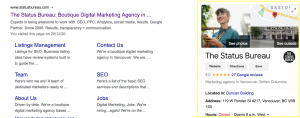
- Know where you rank.
A lot of businesses use Google Analytics, which is data on traffic after someone clicks on your website, but Google Search Console is everything before they click. Every business should set up Search Console and monitor their site’s presence in national Google search results.For local businesses, Local Falcon is one of my favourite ranking tools that shows a map overlay. It can show you how your business ranks if you are searching from Main Street or Cambie Street—and these results can change dramatically. Want to rank higher in a particular part of the city? Make sure you’re getting external links and work on your on-page optimization. If you want to rank higher in a different city altogether, make sure you create different pages for each business location. For example, one page for your Vancouver restaurant and one page for your New Westminster restaurant.
- Research what people search for, not what you think they search for.
Watch out for the second part in this series, where we cover what SEO practices companies should avoid, how often they should revisit their strategies, and more.




